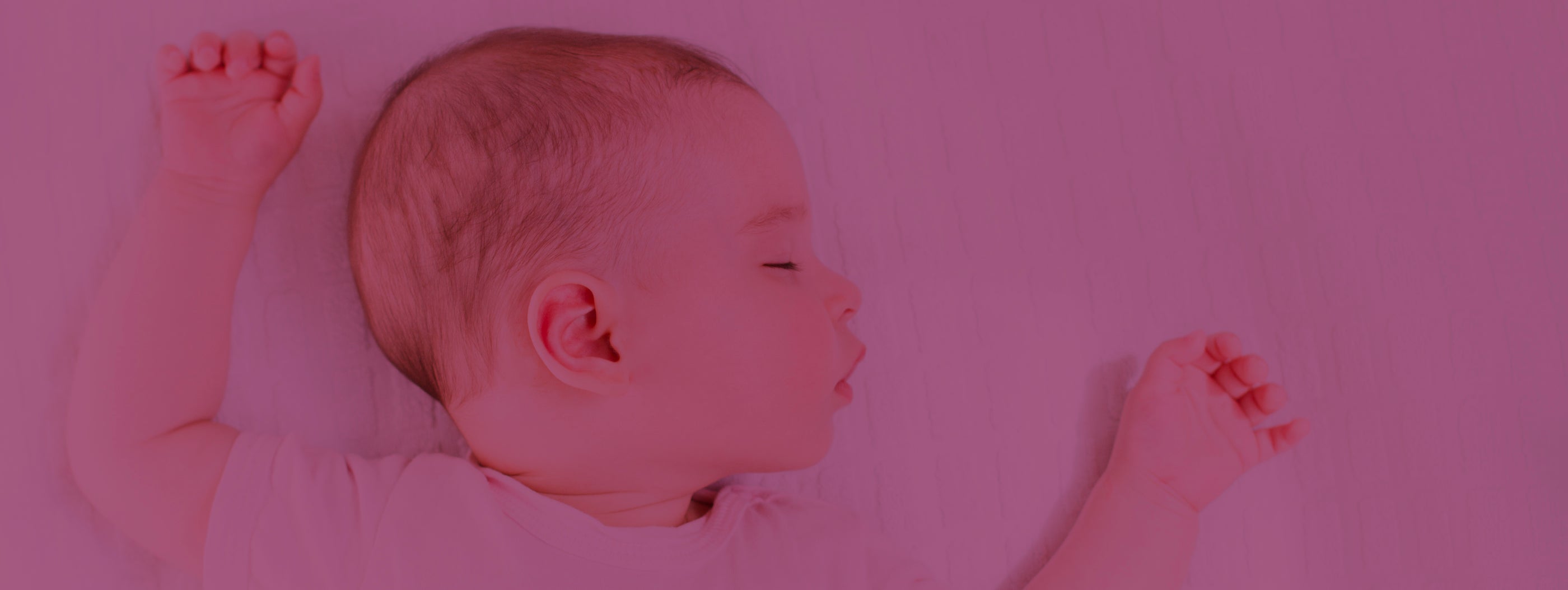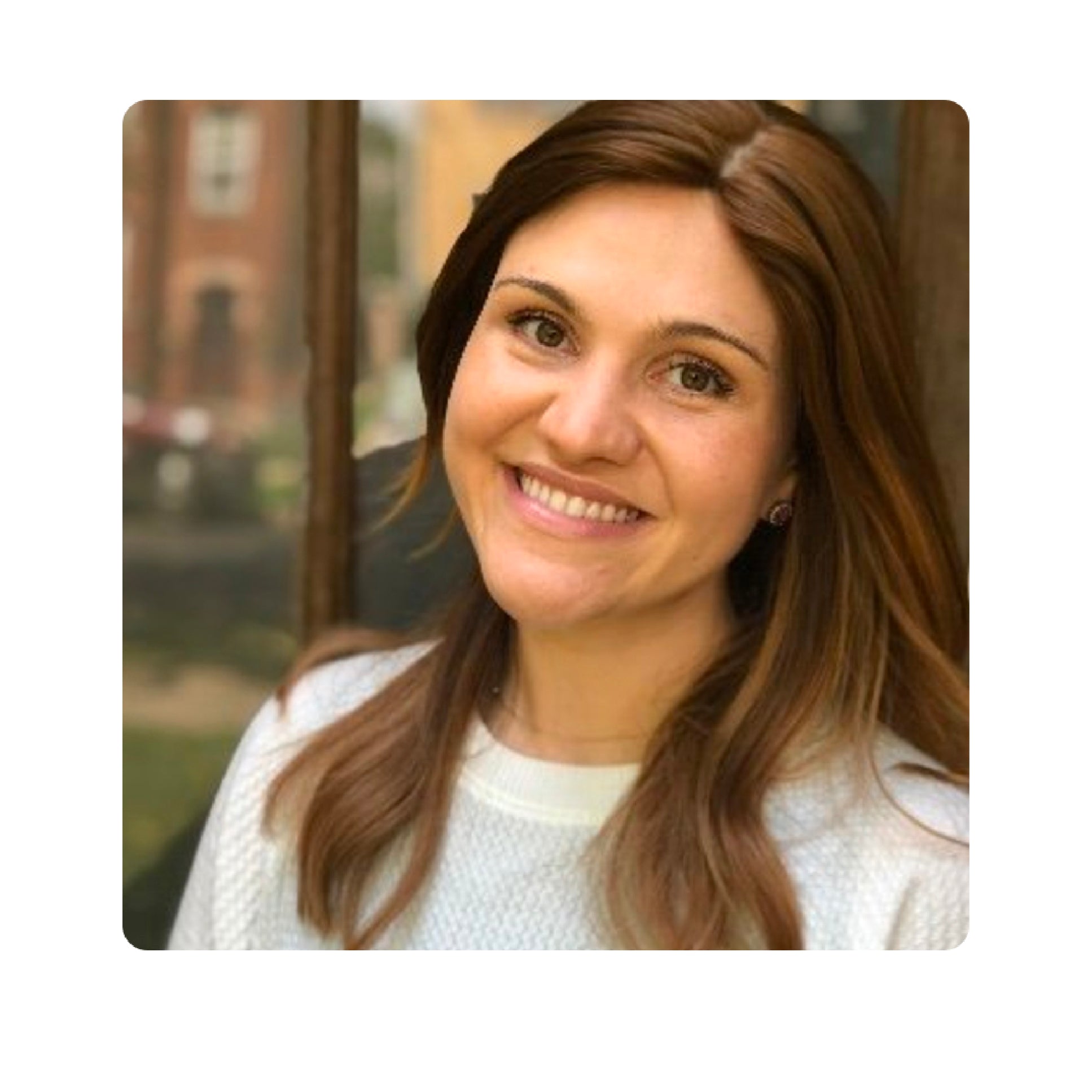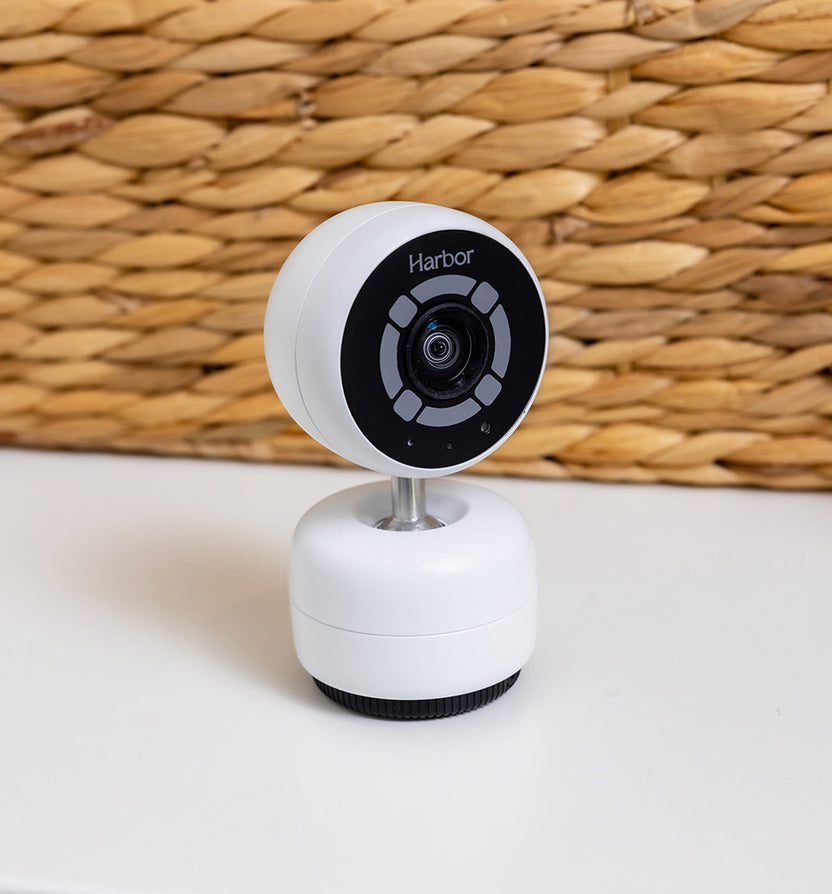
Addressing Sleep Training Myths with Pediatric Sleep Medicine Expert Dr. Innessa Donskoy, M.D.
There’s a lot of guidance about sleep training out in the world. Some of it is good, but a lot of it just isn’t.
Plenty of websites and experts will share definitive guidance and hacks, claiming they’re guaranteed to work, while other guidance is overly cautious and doesn’t provide a concrete point of view or specific guidance. The reality is that sleep training isn’t one-size-fits-all. You’ll inevitably need to take an individualized approach based on your child’s needs and your own needs. That individualized approach should be grounded in fundamentals, backed by the actual science of sleep and the needs both you and your child have!
Harbor recently spoke with Dr. Innessa Donskoy, M.D., a pediatric sleep medicine specialist affiliated with Advocate Children's Hospital in Park Ridge, Illinois. Dr. Donskoy debunked five common sleep training myths for us and offered guidance for navigating sleep challenges.
Our #1 takeaway is that reframing the way you think about sleep can unlock success. Developing healthy sleep habits is exactly what it sounds like: working to cultivate habits around the fundamentals of sleep! It’s a daily practice that evolves as your child grows, grounded in science. Because of that, your mindset as a parent is an essential (but often forgotten) piece of the training plan.
Watch the interview below and read on for more guidance from Dr. Donskoy.
5 Sleep Training Myths
Myth #1: Sleep is a reflex
All night, uninterrupted sleep isn’t something that happens naturally — it’s a skill that needs to be nurtured and developed over time, much like the transition from crawling to cruising to walking. “We need to help our children learn how to settle, how to fall asleep, and then subsequently stay asleep,” Dr. Donskoy says. “It's very much a hands-on skill that sometimes requires more input than we're ready to realize.”
Remembering that sleep is a skill that children need to learn can help to alleviate parents’ frustrations throughout the sleep training process. Your role is simply to help your child to the best of your ability and provide the right support and structure to be successful.
Dr. Donskoy compares sleep training to teaching a child to ride a bike: “They’re sitting on the bike and you’re holding the handlebars steady, and eventually you will need to let go to let them try to do it themselves. When you let go, they might struggle, they might fall, they might cry,” she says. “If we step back and think about what we’re doing, we’re helping our child learn something that’s hard for them right now, and they’re going to struggle through it.”
Remembering that sleep is a skill that children need to learn can help to alleviate parents’ frustrations throughout the sleep training process. Your role is simply to help your child to the best of your ability and provide the right support and structure to be successful.
Myth #2: Crying it out harms attachment
It absolutely does not! While letting a child cry themselves to sleep (at an age and stage-appropriate duration) can bring up feelings of guilt and discomfort for parents, research does not show that crying it out harms the child-parent relationship. In fact, a recent study cited by Dr. Donskoy revealed that doing so actually supports caregiver mental well-being!
“When we help our child learn something new, we feel successful as a parent,” Dr. Donskoy explains. “They are resting, and we are resting and the family moves forward together.”
She clarified that it’s normal for children to get frustrated or upset when doing a new thing and that data “really supports that when we help a child practice falling asleep on their own, it helps them learn that skill more effectively.”
Myth #3: Sleep training is one-size-fits-all
“One of the most important things to hold onto is that your child is going to be unique,” says Dr. Donskoy. “They may not fit the mold, and you may have to think about things in a different way. Your second child may not be the same as your first in many ways,” noting that one child might struggle with what comes easily to another.
With this, it’s important to tailor sleep schedules to each child’s individual needs. This doesn’t mean ditching a routine, but rather modifying it slightly to ensure that each child has what they need during their sleep training process. Critically, you should still stick with the science-backed fundamentals, like having a routine and following safe sleep guidelines. Small adjustments do not mean throwing out all the basics!
Myth #4: You need to wait to start sleep training
Dr. Donskoy clarified that nurturing healthy sleep habits can start the moment your baby is born. “When you put your baby down while they’re drowsy and almost asleep, you’re already letting go of the handlebars at that moment. You’re giving them a chance to practice the skill of falling asleep on their own.”
The good news is that this is something you can do every time you put your baby down, providing more opportunities for them to practice falling asleep independently and nurturing healthy, long-term sleep habits.
Myth #5: Sleep training is just about timing
A baby’s environment is just as important as their sleep schedule. While safe sleep practices are essential—that means putting a baby down on their back in their own sleep space on a firm mattress with no extra sheets, bedding, pillows, or toys—it’s also important to consider their environment, says Dr. Donskoy.
“When a baby comes home, they’re still building their circadian rhythm,” she explains. Sleep is controlled by two processes: sleep pressure and the circadian rhythm, both of which parents can nurture through healthy sleep habits.
Sleep pressure is a cycle where people (not just babies!) get sleepy, fall asleep, sleep it off, and wake up refreshed. Babies build up sleep pressure very quickly, explains Dr. Donskoy. “They pay it off throughout the day, so they are napping throughout the day. As they get older, they’re able to consolidate and stay awake for longer periods of time. They can tolerate a little more sleep pressure, leading to longer periods of play and eating and interaction between naps.”
Circadian rhythm is the second process, which parents can help develop by creating a “time zone” for the home. “It's unclear exactly when [the circadian rhythm] fully solidifies, but babies basically train themselves to live in the time zone of their home,” says Dr. Donskoy. If you wake up at 5am and the house is loud and bright and there’s lots of activity, your baby will learn this subconsciously.” In other words, the schedule you keep in your home shapes your baby’s internal clock.
“From day one, you can start to reinforce that for your child,” she explains. “If this is when we want the day to begin in our home, that’s when we make it bright and a little louder. The same goes for evening—setting a time when things get quieter and a little more dim and a little more calm.”
4 Strategies for Navigating Sleep Challenges
It’s not uncommon for parents to experience challenges while sleep training their child. Remember, it’s not one-size-fits-all! Dr. Donskoy shared recommendations for parents whose children (particularly toddlers) are having a hard time with sleep.
Take care of yourself first
Children are attuned to the emotions of the home. If you’re stressed or frustrated with your child, they’ll pick up on it. In order to effectively help them work through their sleep troubles, you need to get yourself calm first. (Stressing about sleep makes it harder to go to sleep!)
“If you’re not feeling relaxed, take a moment, walk into a different room, take a deep breath, get yourself in a headspace where you can really show up for your toddler so that when they’re dysregulated, you can help bring them back,” Dr. Donskoy suggests.
Name the problem in order to identify the solution
In order to brainstorm solutions, you need to name the problem and name it well, explains Dr. Donskoy. Does your child have a hard time falling asleep? Staying asleep? Napping? Are they restless during sleep? Are they waking up unrefreshed after undisrupted sleep? Properly diagnosing the sleep issue can allow you to reach a more effective solution. Each of these challenges can be addressed in various ways, and lumping all of it together as “sleep troubles” can add to a sense of overwhelm that is natural to feel.
Stay flexible
When babies become toddlers, their days start to look different. They may spend three hours at the playground one day and only engage in solo play the next. “We’re better off leaning into a little bit of flexibility and even delaying bedtime sometimes if that’s what the child needs to be relaxed around sleep,” says Dr. Donskoy.
Particularly at the toddler stage, parents need to be ready for sleep to look different from night to night. An emphasis on having the EXACT same bedtime routine every day can lead to more stress for parents and may not actually be what children need. Small adjustments can be necessary occasionally, and stressing about perfection defeats the point of a healthy routine. Everyone will be better off with overall consistency and small adjustments in comparison to a quest for perfect consistency or no routine at all. Children need routine and structure, and no family is capable of perfection! These two ideas can and should live in harmony for parents.
“Approach each moment as a unique opportunity to explore what’s going on,” says Dr. Donskoy, explaining that sleep is going to be informed by how a child woke up that morning, whether they napped, and how they spent their day. Healthy “sleep starts the moment you wake them up in the morning, not at 2am,” she adds.
Reach out for support
The role of a professional like Dr. Donskoy is very often to ask the right questions in order to name what’s going on and identify next steps. “What I offer the most is a partnership and thinking with the family about what exactly is going on with their child and the best path forward for us to find a solution,” she says.
At the same time, it’s not always necessary to work with someone like Dr. Donskoy. Sometimes all you need is an additional sounding board. If you’re struggling, don’t hesitate to reach out for support. Harbor’s infant care experts are available 24/7 to work with you to find solutions for your child’s challenges.

Dr. Innessa Donskoy
Dr. Innessa Michelle Donskoy, M.D., is affiliated with the Advocate Children's Hospital in Park Ridge, Illinois. Her primary area of focus is Sleep Medicine and she is Board Certified in Pediatric Sleep Medicine. Dr. Donskoy received her medical degree from the University of Illinois at Chicago, College of Medicine; completed her residency in Pediatrics at the University of Illinois at Chicago; and completed a fellowship in Sleep Medicine at the McGaw Medical Center of Northwestern University Program Ann & Robert H. Lurie Children's Hospital.
Book an appointment with Dr. Donskoy at Advocate Children's Hospital in Park Ridge, Illinois
